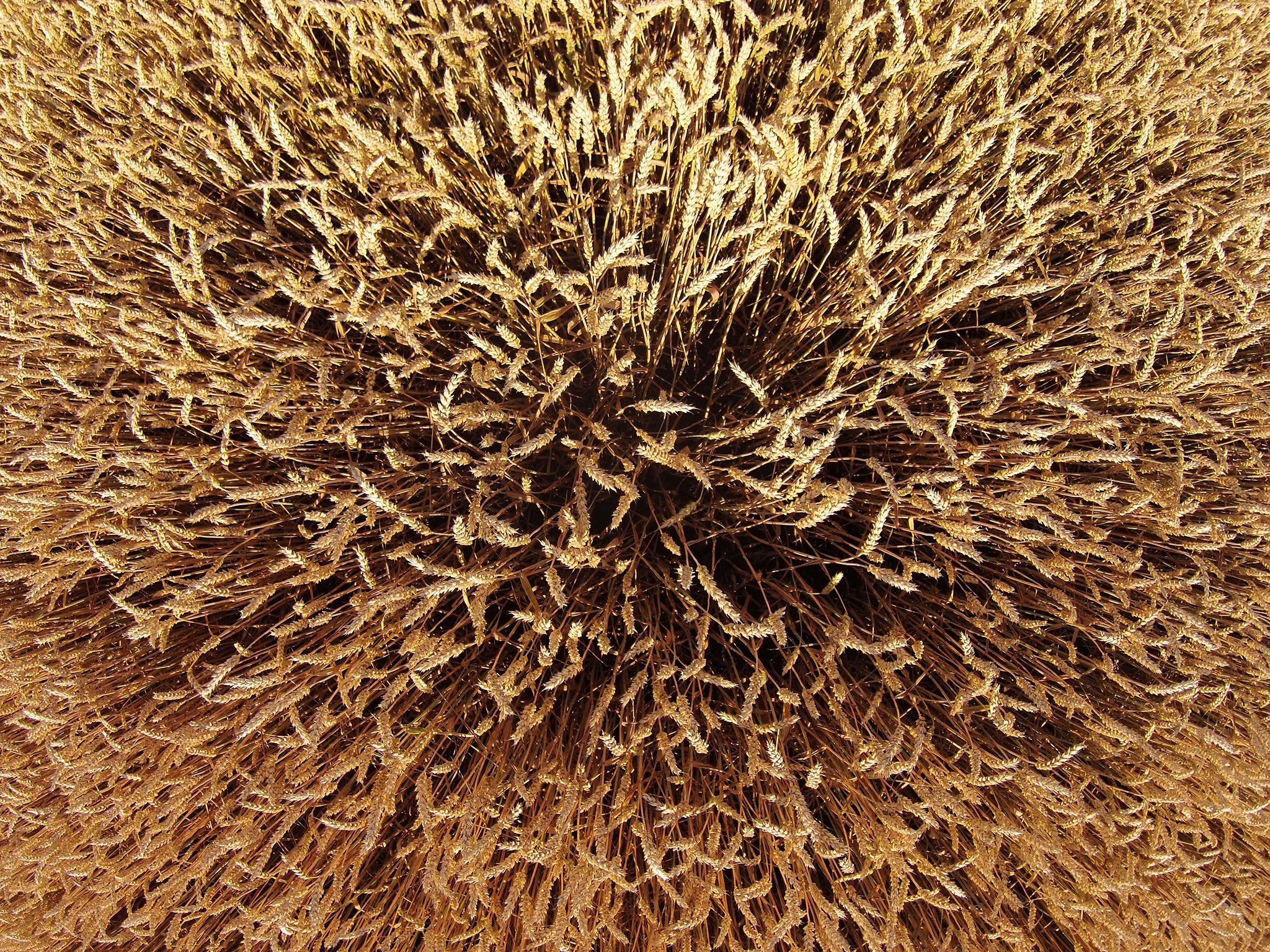Against the grain? Why carbs might not be as unhealthy as you thought
Whole grains are high in fibre and have been linked to preventing ailments from heart disease to bowel cancer

Your support helps us to tell the story
From reproductive rights to climate change to Big Tech, The Independent is on the ground when the story is developing. Whether it's investigating the financials of Elon Musk's pro-Trump PAC or producing our latest documentary, 'The A Word', which shines a light on the American women fighting for reproductive rights, we know how important it is to parse out the facts from the messaging.
At such a critical moment in US history, we need reporters on the ground. Your donation allows us to keep sending journalists to speak to both sides of the story.
The Independent is trusted by Americans across the entire political spectrum. And unlike many other quality news outlets, we choose not to lock Americans out of our reporting and analysis with paywalls. We believe quality journalism should be available to everyone, paid for by those who can afford it.
Your support makes all the difference.It’s pouring rain and it’s been a nightmare journey home. What are you praying is waiting for you on the kitchen table? A salad? No? How about a creamy bowl of pasta? Or, sod it, just some hot, buttered toast? When it comes to comfort food, carbs are king – and for a good reason. Starchy foods fill your stomach, boost energy and give your brain a serotonin kick. But carbs have fallen out of favour since the advent of the Atkins and Paleo diets. Those who eschew grains say they can cause a host of health problems, from rosacea to rheumatism.
So should we say goodbye to bread and pasta? Not necessarily, says nutritional therapist Libby Limon. “Some people can eat grains with no problem at all,” she says. “It depends on your individual ability to digest grains, and on your immune system and blood sugar regulation.”
Grains may have a bad rep, but they also do a lot of good. Whole grains are high in fibre and have been linked to preventing ailments from heart disease to bowel cancer. They are also rich in B vitamins, iron and potassium.
All grains are not equal. Modern grains can be genetically modified and hybridised, and your average sliced pan is often bulked out with fillers, preservatives and sugar. The result is a sugar spike and little nutritional benefit, while some suggest that the abundance of gluten in hybridised wheat is at the root of many intolerances.
However, ancient grains such as spelt, kamut, teff and amaranth are finding their way to supermarket shelves. They contain little or no gluten, and are rich in fibre and vitamins. Others, such as buckwheat, quinoa and millet, are actually seeds, high in protein and fibre.
Baker Karen Collins is passionate about bread, and says ancient grains have allowed her to indulge while also tackling a lifelong IBS problem. She founded The Happy Bread Company after years of recipe development, selling fermented breads made with naturally gluten-free, high-fibre grains such as teff. She explains that fibre is essential for a healthy gut.
“Very simply, our bacteria keeps us alive,” she says. “With energy, bacteria is able to break down food, enabling the release of vitamins and minerals. Bacteria’s energy source of choice is fibre. So to keep your organs healthy you need to feed your bacteria an adequate amount of fibre on a daily basis.”
But don’t carbs make you fat? Well, in fact, whole grains can actually help maintain weight by regulating blood sugar and keeping you feeling fuller for longer. And of course, as with everything, moderation is key.
“Carbohydrates shouldn’t make up more than 60 per cent of your daily food intake,” says Limon. “Vegetables are also carbohydrate foods, so you want to be getting a lot of your energy from them to benefit from their nutrient density. For the average person who isn’t doing intense training, I recommend one to two portions of wholegrains a day.”
“I am always trying to get people to eat their bread and enjoy it,” says Collins. “Just make sure it’s proper bread – none of that stuff made on a factory line.”
Join our commenting forum
Join thought-provoking conversations, follow other Independent readers and see their replies
Comments